Cech Rzemiosła i Przedsiębiorczości – Związek Pracodawców w Opolu
Wydział Ekonomii i Zarządzania Politechniki Opolskiej
oraz Opolskie Centrum Rozwoju Gospodarki mają zaszczyt zaprosić na
IV Konferencję Naukową o Rzemiośle
Rzemiosło – w wymiarze lokalnym, regionalnym i międzynarodowym

The Guild of Craft and Entrepreneurship – the Employers' Association in Opole,
Faculty of Economics and Management at the Opole University of Technology along with
Opole Center for Economic Development are honored to invite you to
The 4th Scientific Conference on Craft
Craftsmanship – its Local, Regional and International Dimension
On-line conference
Rzemiosło było, jest i powinno być niezastąpionym segmentem gospodarki w każdym ustroju gospodarczym, społecznym i politycznym. Ma ono bowiem istotny wpływ na rozwój społeczno-gospodarczy regionu, państwa i całego świata. Jednakże rzemiosło ma znaczenie nie tylko gospodarcze. Można je rozpatrywać także pod innymi względami, takimi jak: edukacyjny, społeczny, socjologiczny, historyczny, etyczny, kulturowy, lingwistyczny, itd. Jego rola i znaczenie od wieków miała istotne znaczenie w powyższych aspektach. Rzemiosło to działające w nim podmioty o różnym charakterze. Wiele z nich łączy tradycję ze stosowaniem i wdrażaniem nowoczesnych technologii. To podmioty zatrudniające dziesiątki milionów pracowników na całym świecie. Z rzemiosłem związanych jest wiele organizacji i instytucji reprezentujących ich interesy, w sposób bezpośredni lub pośredni, czy też mających za cel współpracę z rzemiosłem. Mając na uwadze powyższe aspekty, wymiary serdecznie zapraszamy Państwa do podzielenia się wynikami swoich badań, spostrzeżeń poprzez uczestnictwo w konferencji, przygotowanie artykułów dotyczących rzemiosła oraz organizacji i instytucji z nim związanych.
Craft was, is and should be an irreplaceable segment of the economy in every economic, social and political system. It has a significant impact on the socio-economic development of the region, the state and the whole world. However, craft is not only of economic importance. They can also be considered in other respects, such as: educational, social, sociological, historical, ethical, cultural, linguistic, etc. His role and significance have been important for centuries in these aspects. Craft is a variety of entities operating in it. Many of them combine tradition with the use and implementation of modern technologies. These are entities employing tens of millions of employees around the world. Many organizations and institutions representing their interests, directly or indirectly, or working with crafts are associated with craft. Bearing in mind the above aspects and dimensions, we cordially invite you to share the results of your research, insights through participation in the conference, preparation of articles on craft and related organizations and institutions.
• Rzemiosło – jego znaczenie dla gospodarki,
• Rzemiosło rodzinne – szanse i problemy,
• Rzemiosło a rynek pracy,
• Szkolnictwo w rzemiośle,
• Działalność edukacyjna i oświatowo - socjalna w rzemiośle,
• Rzemiosło w oczach ludzi młodych,
• Historia rzemiosła,
• Kobiety w rzemiośle,
• Rzemiosło i jego znaczenie w rozwoju pogranicza,
• Społeczne aspekty funkcjonowania rzemiosła,
• Nowe i zanikające zawody rzemieślnicze,
• Eksport i import w działalności rzemieślniczej,
• Innowacje w rzemiośle,
• Nowoczesne technologie – ich wpływ i znaczenie dla działalności rzemieślniczej,
• Etyczny wymiar prowadzenia działalności rzemieślniczej,
• Prawne aspekty prowadzenia działalności rzemieślniczej,
• Problemy językowe w tłumaczeniach umów, porozumień, regulaminów,
• Organizacje rzemieślnicze – ich rola i zadania,
• Rzemieślnik a klient - rozwiązywanie sporów, jakość usług.
• Craftsmanship – its importance for the economy,
• Family craftsmanship – opportunities and problems,
• Craftsmanship and the labour market,
• Education in the profession of craftsman,
• Educational and social activity in craftsmanship,
• Attitude of the young people to craftsmanship,
• History of craftsmanship,
• Women in craftsmanship,
• Craftsmanship and its importance in the development of borderland,
• The social aspects of the functioning of craftsmanship,
• The new and disappearing handicraft professions,
• Export and import in the handicraft activities,
• Innovations in craftsmanship,
• Modern technologies and their impact and importance in the handicraft activities,
• Ethical dimension of the conducting of handicraft activities,
• Legal aspects of the conducting of handicraft activities,
• The language problems in the translation of contracts, agreements, regulations,
• Handicraft organisations - their role and tasks,
• Craftsman and client – resolution of disputes, quality of services.
PATRONATY HONOROWE
HONORARY PATRONAGE
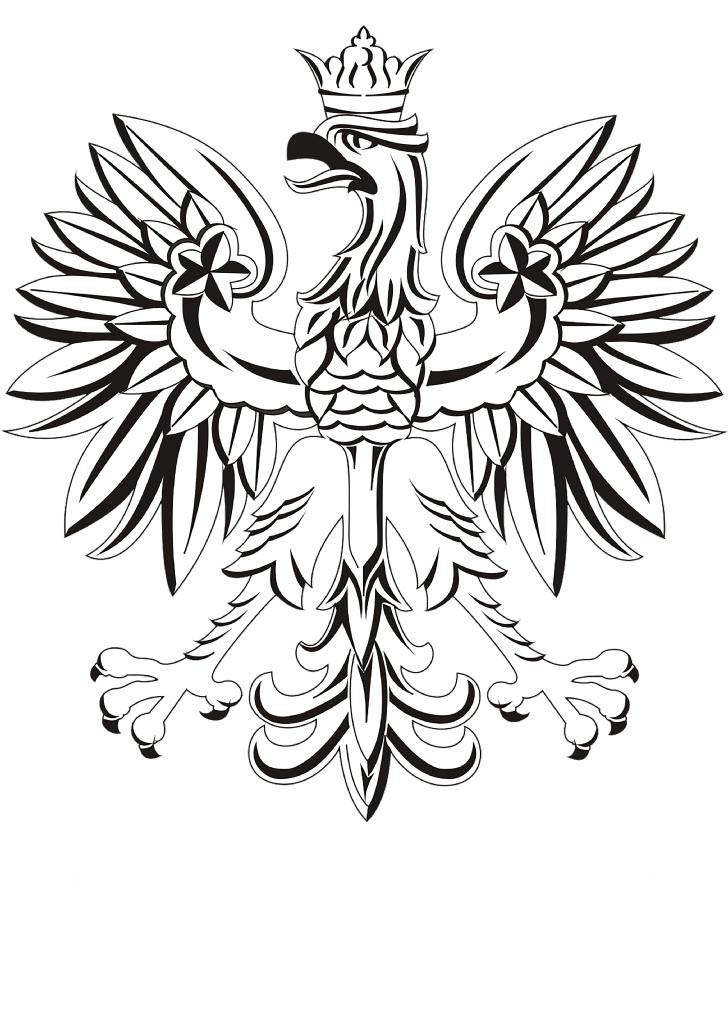
Sławomir Kłosowski - Opole Province Governor
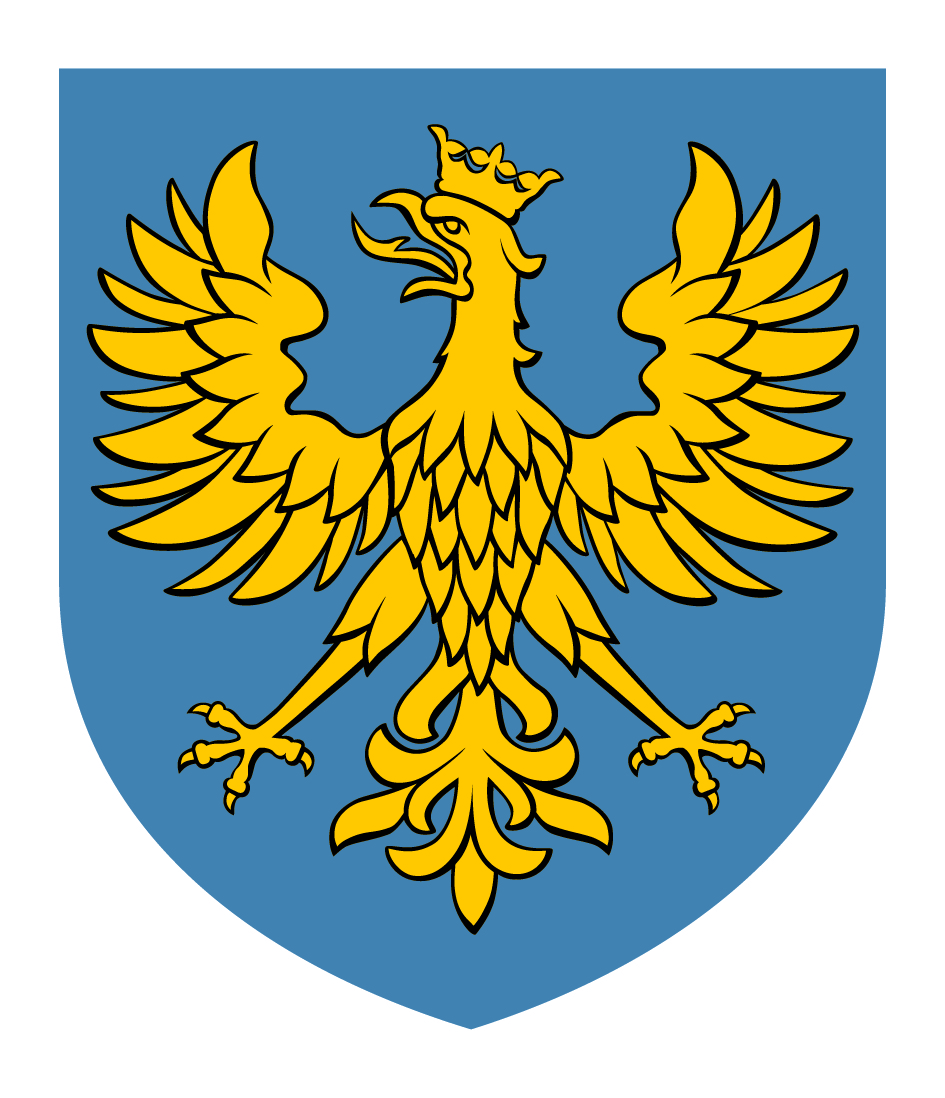
Andrzej Buła – Marshal of the Opolskie Voivodeship

Rafał Bartek - President of the Regional Parliament of the Opolskie Voivodeship
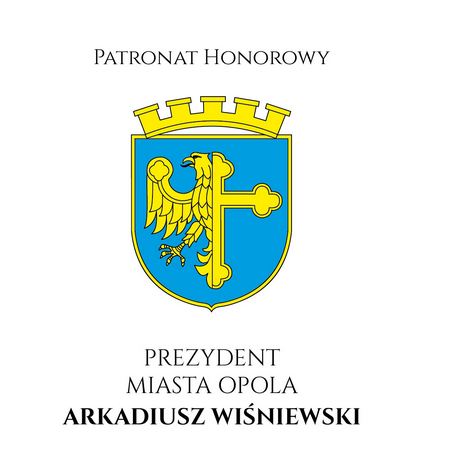
Mayor of the City of Opole
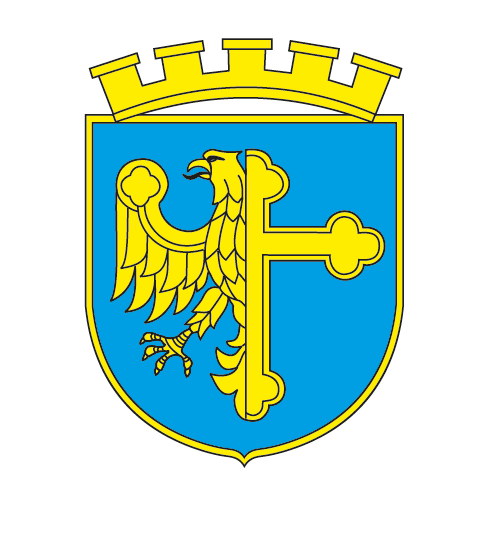
Łukasz Sowada - Chairman of the City Coucil of Opole

Max A. Hogeforster -Chaiman of the Haneatic Parliament

Jan Gogolewski - President of the Polish Craft Association

Marcin Lorenc - Rector of the Opole University of Technology
PATRONATY MEDIALNY
MEDIA PATRONAGE
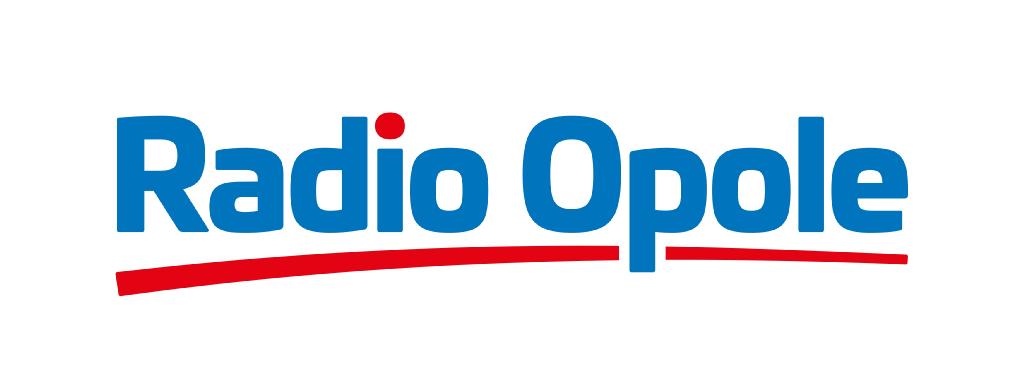

KOMITET NAUKOWY / SCIENTIFIC COMITTEE
• Prof. dr hab. Wanda Musialik (Opole University of Technology, Poland) Przewodnicząca Komitetu Naukowego (Chairwoman of the Scientific Committee),
• Prof. Dr. Nadezhda Arkhipova (Russian State University of the Humanities, Russia),
• Prof. Dr Paula Alexandra da Cruz Silva Pina de Almeida(Instituto Politécnico de Tomar, Portugal),
• Prof. Dr. Marta Barna (Lviv University of Trade and Economics, Ukraine),
• Dr hab. Maria Bernat, prof. PO (Opole University of Technolog, Polandy),
• Assoc. prof. Teodor Florin Cilan, PhD (Aurel Vlaicu University of Arad, Romania),
• Prof. Dr. Ing. Dana Dluhošová (VSB - Technical University of Ostrava, Czech Republic),
• Dr Said Edaich (Opole University of Technology, Poland),
• dr hab. Stanisław Grycner (Poland),
• Dr. Phil. Nicole Horáková, M.A. (University of Ostrava, Czech Republic),
• Dr hab. Leszek Karczewski, prof. PO (Opole University of Technology, Poland),
• Prof. dr hab. Teresa Kulak (University of Wrocław, Poland),
• Nikolay Leonidovich Lepe. PhD (Russian State University of the Humanities, Russia),
• Dr hab. Alla Levitskaia, prof. Univ. (Comrat State University, Moldova),
• Prof. Ramona Lile, PhD (Aurel Vlaicu University of Arad, Romania),
• Dr. Shirish Limaye (Symbiosis College of Arts & Commerce, India),
• Prof. Ing. Martin Macháček, Ph.D. et Ph.D.(VSB-Technical University of Ostrava, Czech Republic),
• Prof. dr hab. Krzysztof Malik (Opole University of Technology, Poland),
• Dr. Inż. Katarzyna Mazur-Włodarczyk (Opole University of Technology, Poland),
• Prof. Ruizan Mekvabidze (Gori State Teaching University, Georgia),
• Prof. Natalia Orlova, Dr. Sc. (Kyiv National University of Trade and Economics, Ukraine),
• Dr hab. Marek Rembierz, prof. UŚ (University of Silesia in Katowice, Poland),
• Dr hab. Ludmila Sadovnicova, prof. nadzw. WSB (WSB University in Poznań, Poland),
• Grigorie Sanda, PhD (Aurel Vlaicu University of Arad, Romania),
• Ielyzaveta Shakhovalova Ielyzaveta, PhD (Kyiv National Economic University, Ukraine)
• Tetyana Shtanko (Lviv University of Trade and Economics, Ukraine)
• Prof. Giorgi Sosiashvili (Gori State Teaching University, Georgia),
• Adina Eleonora Spanu, PhD (Aurel Vlaicu University of Arad, Romania),
• Dr hab. Artem Stopochkin (Opole University of Technology, Poland),
• Alina Svechkin, PhD, (University of Haifa, Israel),
• Dr hab. Inessa Sytnik, prof.PO (Opole University of Technology, Poland),
• Dr. hab. Andrzej Szczepaniak (University of Opole, Poland),
• Dr Roman Śmietański (Opole University of Technology, Poland),
• Prof. Takele Tadesse (Wolaita Sodo University, Ethiopia),
• Prof. Alena Vankevich (Vitebsk State Technological University, Belarus),
• Dr hab. Janusz Wielki, prof. PO (Opole University of Technology, Poland),
• Prof. Dr. Vera (Ivanovna) Zabotkina (Russian State University of the Humanities, Russia).
WAŻNE DATY I INFORMACJE / IMPORTANT DATES AND INFORMATION
Termin konferencji:
11 czerwca 2021r.
The date of the conference:
11 June 2021
Miejsce konferencji:
Venue of the conference:
Ważne daty
Termin nadsyłania Karty Zgłoszenia 27 maja 2021
Przesłanie informacji o przyjęciu lub nie przyjęciu referatu 31 maja 2021
Termin dokonania płaty za publikację artykułu 30 lipca 2021
Termin konferencji 11 czerwca 2021
Termin nadsyłania pełnych treści artykułów 30 lipca 2021
Języki konferencji: polski, czeski, rosyjski, angielski.
Important dates
Deadline for sending the Application Form 27 May 2021
Sending information about the acceptance or rejection of the paper 31 May 2021
Deadline for the payment for the publication of the article 30 July 2021
The date of the Conference 11 June 2021
Deadline for sending full articles 30 July 2021
Conference languages: Polish, Czech, Russian, English
| Opłaty konferencyjne | Conference fees |
|---|---|
| Udział w konferencji jest bezpłatny | Participation in the Conference is free of charge |
| Opłata za publikację i recenzję nadesłanego artykułu wynosi 200 zł (dla doktorantów rabat w wysokości 100 zł) | Fee for the review and the publication of the submitted article – PLN 200 (for doctoral students we offer a discount of PLN 100). |
| Nocleg we własnym zakresie (udzielimy ewentualnej pomocy przy jego znalezieniu) | Accommodation - we can help to find a hotel if you need it (Conference organizer does not cover the cost of accommodation). |
| Publikacja | Publication |
| Artykuł przesłany przez autora/autorów po otrzymaniu pozytywnej recenzji zostanie opublikowany w monografii w Oficynie Wydawniczej Politechniki Opolskiej | The article sent by the author / authors after receiving a positive review will be published in the monograph at the Opole University of Technology Publishing House |
PLIKI DO POBRANIA / DOWNLOAD:
Dane konta do wpłaty za publikację artykułu
(Account details for payment for publication of the article):
Cech Rzemiosła i Przedsiębiorczości
Związek Pracodawców
45-061 Opole, ul. Katowicka 55
Numer konta
(Account number):
57 1050 1504 1000 0023 1536 0335
z dopiskiem
(payment title):
„Publikacja artykułu - CILRAID 2020” or "Publication of the article - CILRAID 2020"
ORGANIZATORZY KONFERENCJI / CONFERENCE ORGANIZERS
Cech Rzemiosła i Przedsiębiorczości – Związek Pracodawców w Opolu
Wydział Ekonomii i Zarządzania Politechniki Opolskiej
Opolskie Centrum Rozwoju Gospodarki
The Guild of Craft and Entrepreneurship – the Employers'
Association in Opole
Faculty of Economics and Management at the Opole University of Technology
Opole Center for Economic Development.
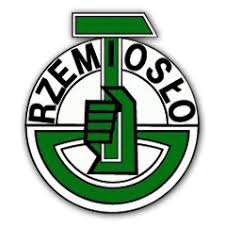
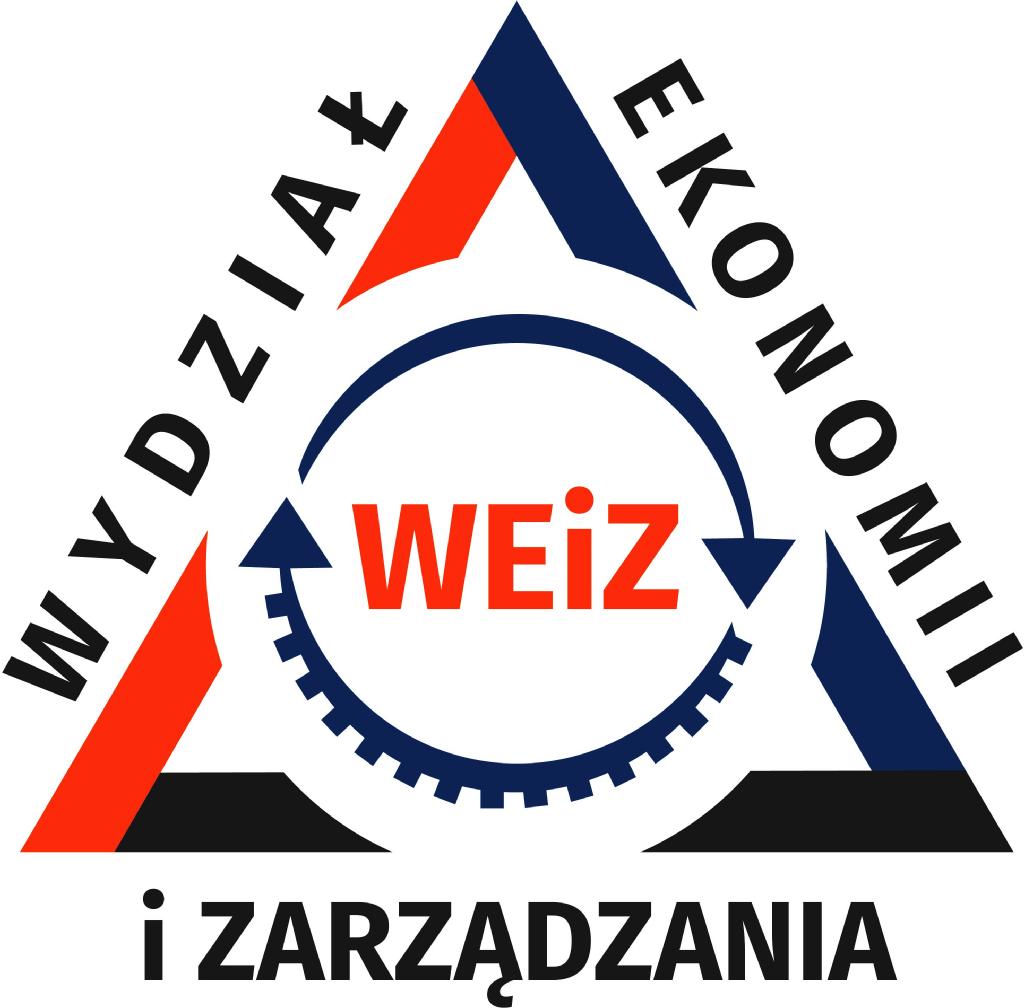

KOMITET ORGANIZACYJNY / ORGANIZING COMMITTEE
prof. dr hab. Wanda Musialik, WEiZ PO
Przewodnicząca Komitetu Naukowego (Chairwoman of the Scientific Committee),
dr Roman Śmietański, WEiZ PO
Koordynator Komitetu organizacyjnego (Coordinator of the Organizing Committee)
dr hab. Leszek Karczewski, prof. PO, WEiZ PO,
dr Said Edaich, WEiZ PO,
Jan Damboń, CRiP-ZP w Opolu,
Elżbieta Orynczak, CRiP-ZP w Opolu,
Tobiasz Sowada, CRiP-ZP w Opolu,
Roland Wrzeciono, OCRG
Prof. Dr. Nadezhda Arkhipova (RSUH, Russia),
Prof. Dr. Vera (Ivanovna) Zabotkina (RSUH, Russia),
Nikolay Leonidovich Lepe. PhD (RSUH, Russia),
Adam Grzela fotografia - grafika - www
KONTAKT / CONTACT
Koordynator konferencji – dr Roman Śmietański
Wydział Ekonomii i Zarządzania
Politechnika Opolska
ul. Luboszycka 7, 45-036 Opole
Adres e-mail konferencji: opolecech@gmail.com
dr Roman Śmietański
Tel.: 664 559 448
r.smietanski@po.edu.pl
Coordinator of the Conference – Roman Śmietański, PhD
Wydział Ekonomii i Zarządzania
Politechnika Opolska
ul. Luboszycka 7, 45-036 Opole
Conference e-mail address: opolecech@gmail.com
r.smietanski@po.edu.pl